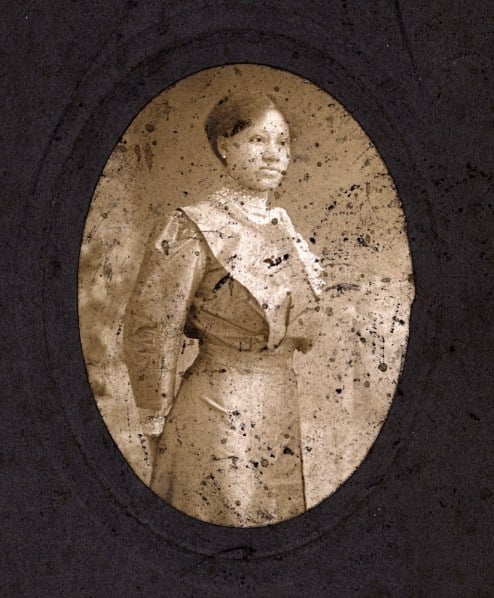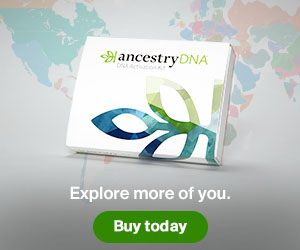— “Our household never had much.”
These are some of the reactions I got when I began asking my granny (at the time in her late 80s) about her life and family history.
So, I got a little sneaky. I took out the household photos and asked her assistance in determining the people.
The stories began to flow. Stories about attending school in a one space schoolhouse. Stories about her grandfather, overseer of the plantation. Stories about when she saw her very first aircraft. Stories about how she satisfied my grandfather. Stories about Christmases at her grandparents’ house. Stories about the household’s music and dancing.
I couldn’t tape her stories quick enough.

Over the years before her death at the age of 96, I interviewed my granny a number of times. For the many part, my oral history interviews with her were rather informal. Other times, our interviews were more focused– where I asked about specific people and occasions.
My grandma’s initial hesitation to talk about herself and her story is not special. I received many comparable responses from older family members I wanted to interview. This is something I speak with other researchers, too.
In spite of the preliminary resistance, all of the interviewees I have actually gotten in touch with throughout the years actually did want to share their stories. Their reluctance came from a worry that no one would be interested in their stories or their family’s history.
Once they got over their initial hesitation?
Do You Use Oral History in Your Genealogy Research?
As genealogists we are remiss if we do not collect our household’s oral history when we can. Oral history will provide you truths about your family that can not be discovered in formal records. Oral history told the story of why a fantastic grandfather did not appear in the 1920 census. The casual researcher would have presumed he died when he was quite alive and working on a roadway team in a neighboring state. This was how he, a farmer, made money in the off-season of farming.
Oral history provided the label Cas (noticable with a short “a” as in feline) of a Haley great-great grandpa that later on caused validating his identity as Stephen Caswell Haley and furthering the Haley family 2 more generations back.
Looking for oral history caused re-connecting with “old” cousins and a subsequent reunion in between these cousins … the first in over sixty years.
How Do You Start Collecting Your Family’s Oral History?
Among the simplest ways to start gathering details from your household’s narrative history is through making use of photos. Photos are conversation beginners. Relatives who hesitate to talk about themselves are typically happy to share stories about an event or individual(s) a photograph is illustrating. At your next household event pull that image album off the rack. Pull that box of pictures of the closet.

Leave a Reply